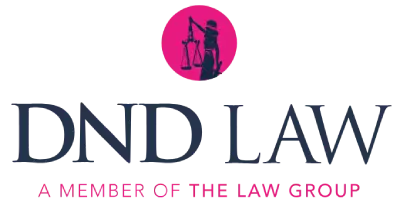One issued with an accelerated payment notice, tax payers have no means of challenging the notice
HMRC has collected £1bn in tax payments from users of tax avoidance schemes by issuing accelerated payment notices (APN).
APNs allow HMRC to demand the whole sum of disputed tax to be paid up front while the tax payers’ affairs are investigated.
Once issued with an APN, tax payers have no means of challenging the notice and must pay whatever HMRC has demanded.
David Gauke, financial secretary to the treasury, feels that the tax authority is no longer playing catch-up and finally has the upper hand on users of tax avoidance schemes.
‘The government will not tolerate tax avoidance and accelerated payments have been a real game changer,’ he said.
‘It is no longer possible for these individuals to avoid tax and sit on the money while their affairs are investigated. This first £1bn received in accelerated payments shows that we are turning the tables on those looking to avoid paying their fair share.’
HMRC recently defeated a judicial review brought against the APN regime by users of the Ingenious Media film scheme.
The High Court ruling has given HMRC complete freedom and judicial backing to fully utilise APNs. Over 25,000 notices have been issued since August 2014.
The government expects to have completed issuing almost 64,000 notices by March 2020, bringing forward an expected £5.5bn in disputed tax.
Jennie Granger, HMRC’s director general for enforcement and compliance, commented: ‘Tax avoiders are running out of options. People now have to pay upfront and dispute later.
‘We are winning around 80 per cent of avoidance cases that people litigate, and many more are settling before litigation.’

